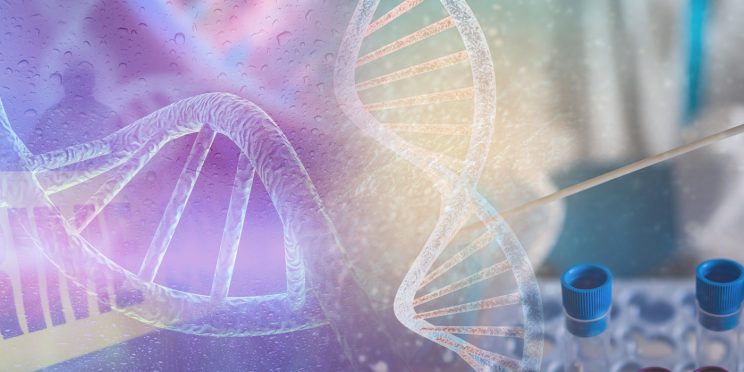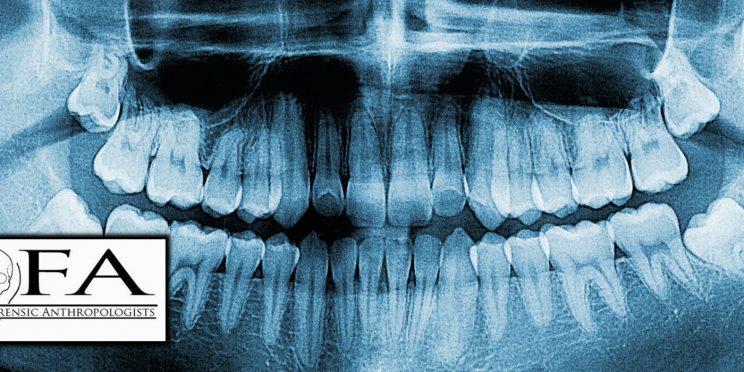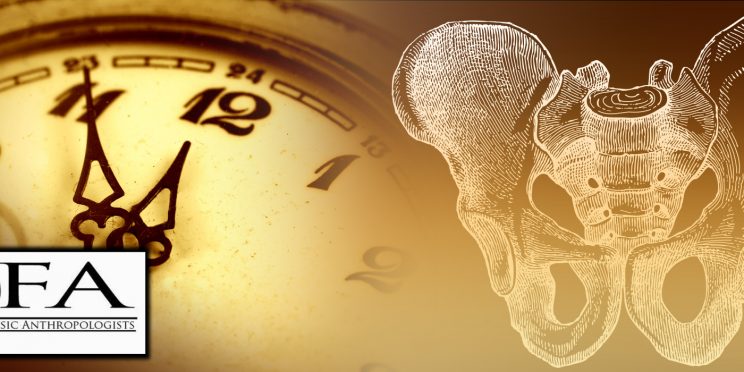Date
November 2021
Overview
All medical examiner/coroner (ME/C) offices must make difficult decisions when allocating resources for timely, complete medicolegal death investigations. In some cases, toxicological analysis of a decedent’s biological specimens (e.g., blood, urine, tissue) can help determine cause and manner of death. A comprehensive toxicology work-up plays a key role in cases where an ME/C may suspect a drug-related death due to substances found with the decedent at the time of death, their medical history and presentation, age, or additional information provided by family or acquaintances. Faced with resource challenges, ME/C offices struggling with large caseloads have started to investigate the use of in-house toxicology screening tools to help address these challenges. This brief explores the potential opportunities and limitations of rapid toxicology screening tools in ME/C offices. These immunoassay-based tools can provide timely information to support death investigations and public health surveillance.
“We sit at the intersection of public health and law enforcement. Reliable in-house toxicology testing, even when not used to complete and sign death certificates, offers timely information for the decedent's family, which is very valuable for them.”
- Dr. Richard Harruff | Chief Medical Examiner, King County Medical Examiner's Office
Funding for this Forensic Technology Center of Excellence report was provided by the National Institute of Justice, Office of Justice Programs, U.S. Department of Justice.
The opinions, findings, and conclusions or recommendations expressed in this report are those of the author(s) and do not necessarily reflect those of the U.S. Department of Justice.
Contact us at ForensicCOE@rti.org with any questions and subscribe to our newsletter for notifications.




